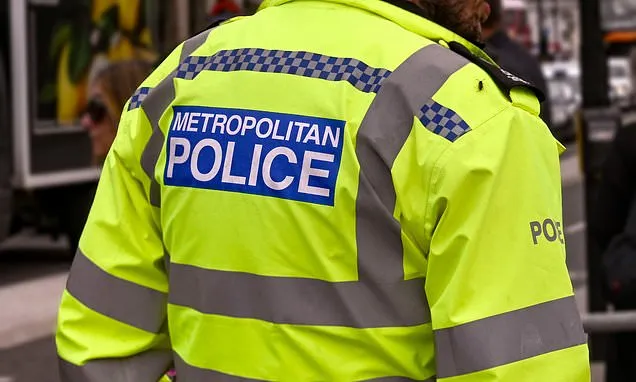Victims of police misconduct in the UK may feel disappointed with the level of police accountability.
There’s a clear gap between the number of police complaints registered and the cases that make it to official proceedings, despite numerous reports of misbehaviour and misuse of authority.
The Reality Surrounding Police Complaints
Police misconduct is a significant issue that affects public trust and safety. In England and Wales, thousands of complaints are made each year by individuals who have experienced or witnessed police misconduct, ranging from minor grievances to severe allegations of brutality and corruption.
Despite the volume of complaints logged, the number that results in formal proceedings is alarmingly low. This trend was highlighted in a report by The Guardian, which revealed that only 1% of complaints lead to disciplinary action against officers.
The process of handling police complaints in the UK is often complex and lacks transparency. This is primarily due to the investigations’ internal nature – they are usually carried out by the same police force implicated in the complaint, which can lead to potential biases.
The Independent Office for Police Conduct (IOPC), tasked with managing serious police misconduct issues, investigates less than 1% of these allegations due to limited resources.
It’s worth noting that current data shows that the 2020 launched complaints system has unfortunately led to fewer police officers being disciplined. This suggests ongoing problems with the complaints process and points towards the need for continued improvements.
Filing a police complaint claim in the UK requires considerable proof. The complainant must produce strong evidence to support their claim, a task that can be difficult due to the nature of the incidents. Additionally, the legal complexities and procedures involved in seeking compensation from the police can be intimidating, usually requiring knowledge of the law and substantial finances.
Impact on Victims and What They Can Do to Get Help
The psychological impact on victims of police misconduct cannot be overstated. The feeling of being wronged by those meant to protect and serve can be deeply traumatising. When their complaints are disregarded or inadequately investigated, it compounds their trauma and diminishes their trust in law enforcement. Many victims report feelings of frustration, helplessness, and despair when their police complaint claims are not taken seriously. The lack of accountability and transparency within the complaint system can worsen these emotions, making it even more challenging for victims to seek justice and move forward.
Despite the challenges, victims of police misconduct can get justice. Actions against the police can take various forms, including civil litigation, criminal charges, and administrative complaints. Each avenue has its own set of challenges and potential outcomes.
Civil litigation, for instance, allows victims to sue the police for compensation for damages suffered due to misconduct. However, these cases often require substantial evidence and expert testimony, making them both time-consuming and costly. Criminal charges, on the other hand, can result in more severe penalties for offending officers but are notoriously difficult to secure due to the high burden of proof required.
Raising public awareness about the issues surrounding police misconduct and the challenges victims face is essential. Media coverage and investigative journalism play a vital role in bringing these issues to light. By highlighting the experiences of victims and the systemic flaws within the complaint-handling process, public pressure can drive meaningful change.
What Now?
The stark reality that only 1 in 100 police complaints lead to misconduct trials underscores the urgent need for reform. For victims of police misconduct and brutality, the current system often fails to deliver justice and accountability.
UK police forces, such as South Wales Police and Thames Valley Police, are known to have low rates of misconduct proceedings, indicating that not all allegations are taken seriously. This inconsistency across various regions emphasises the demand for a uniform method of managing police complaint claims.
The Metropolitan Police, one of the UK’s largest forces, also shows a wide gap between the number of complaints made and the number of officers penalised. Commissioner Mark Rowley has been working toward refining the complaint process, but obstacles persist.
There is growing demand for reform within the system that handles police complaint claims. Advocates argue for more transparent and accountable processes, ensuring that police misconduct does not go unchecked.
Addressing this issue requires a concerted effort to enhance transparency, provide legal support for victims, and raise public awareness. By taking these steps, we can move towards a more just and accountable system that upholds the fundamental principles of fairness and equality.
For those affected by police misconduct, it is crucial to stay informed about your rights and available legal avenues. If you have experienced police misconduct, consider seeking advice from police complaint claim experts. Remember, taking action against the police is a crucial step toward holding them accountable and preventing future misconduct.






